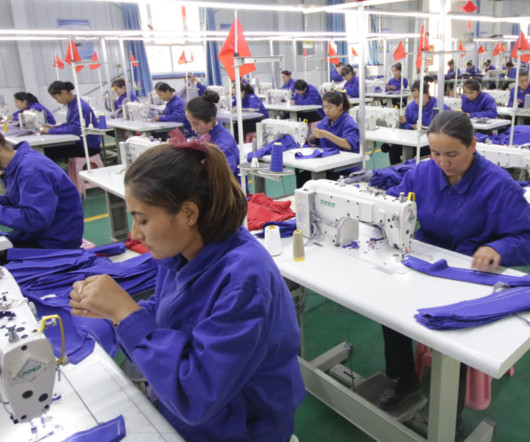So Your Supply Chain is Banning Bangladesh….and Going to Cambodia?: “The Ugliest Race to the Bottom”
Supply Chain View from the Field
MAY 8, 2013
In our ongoing discussion of labor and human rights violations in the supply chain, we’ve discussed in prior posts the problems that occurred in Bangladesh resulting in over 700 dead. Companies like Nike and Disney have publicly stated that they are not going to Bangladesh for apparel sourcing in the future.
















Let's personalize your content